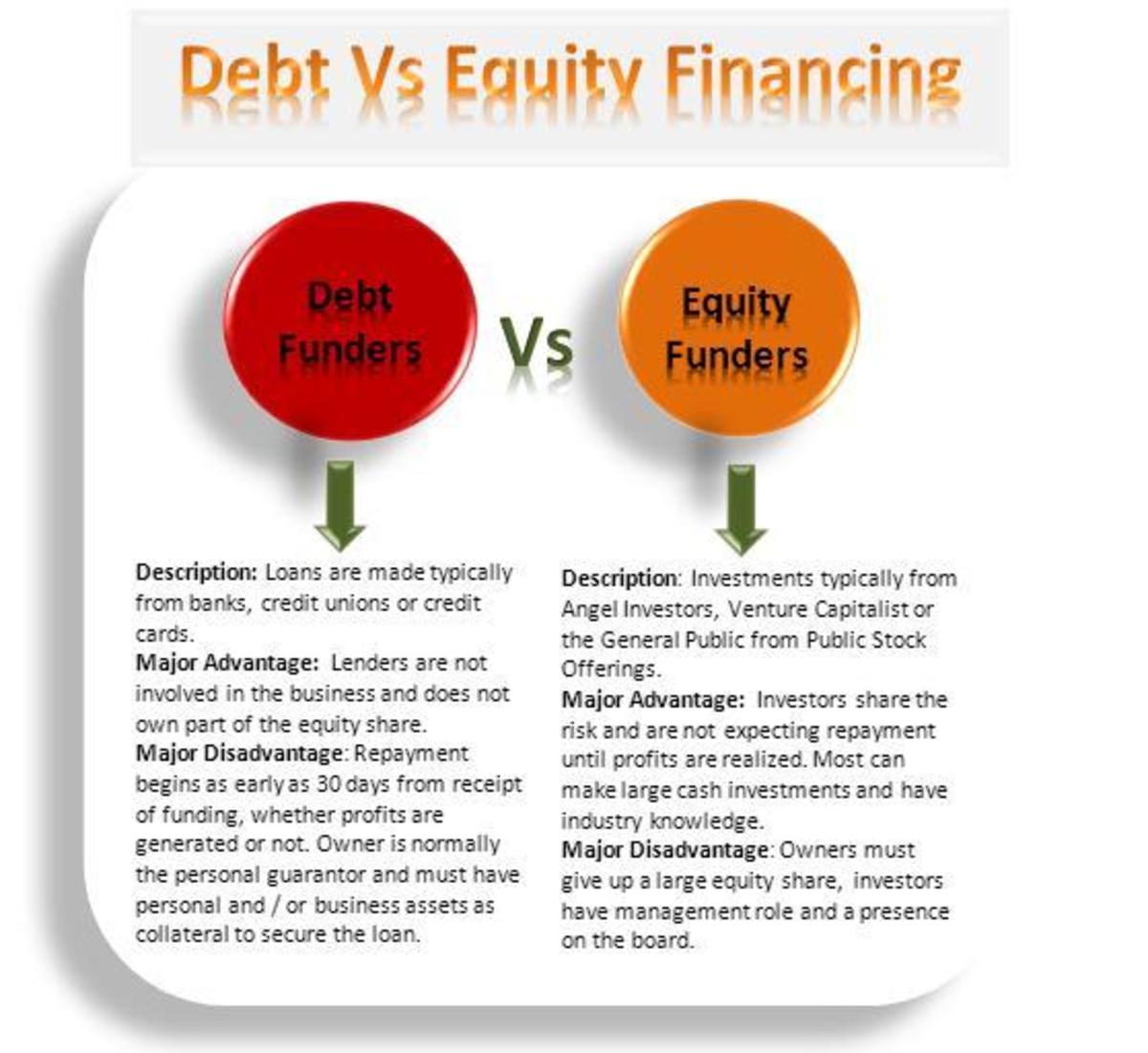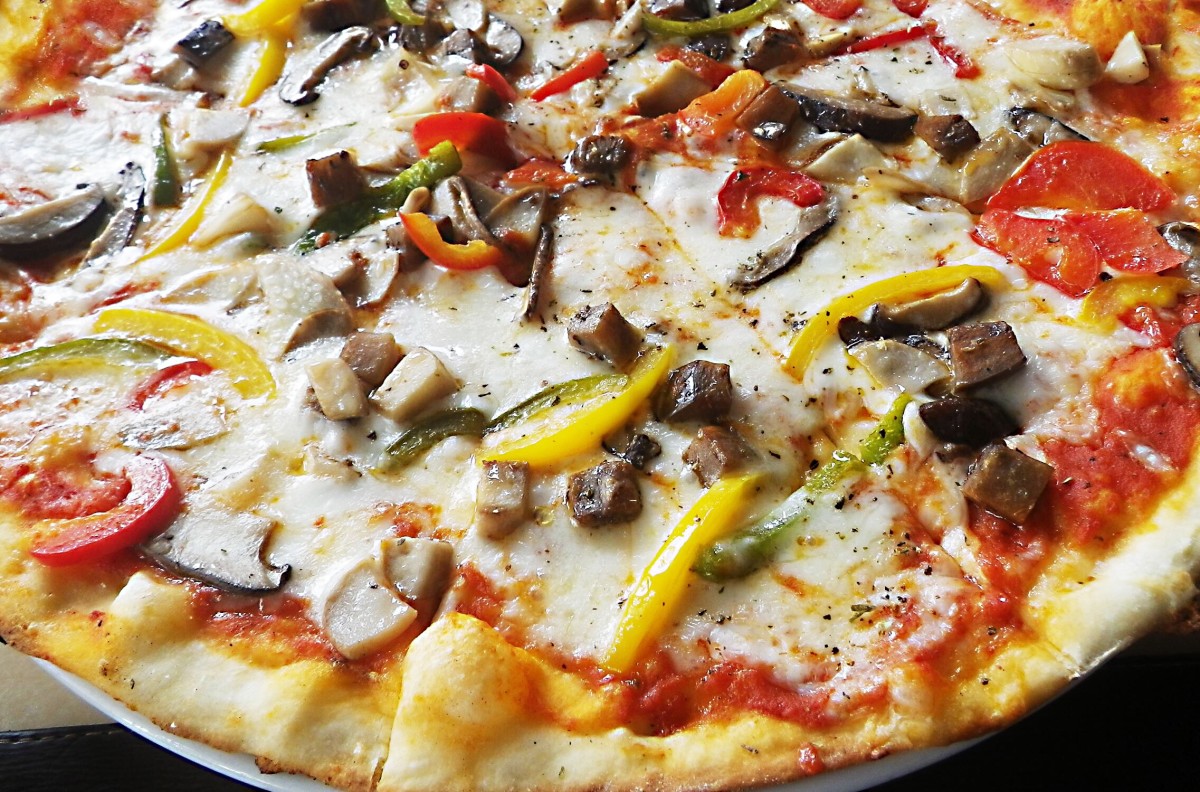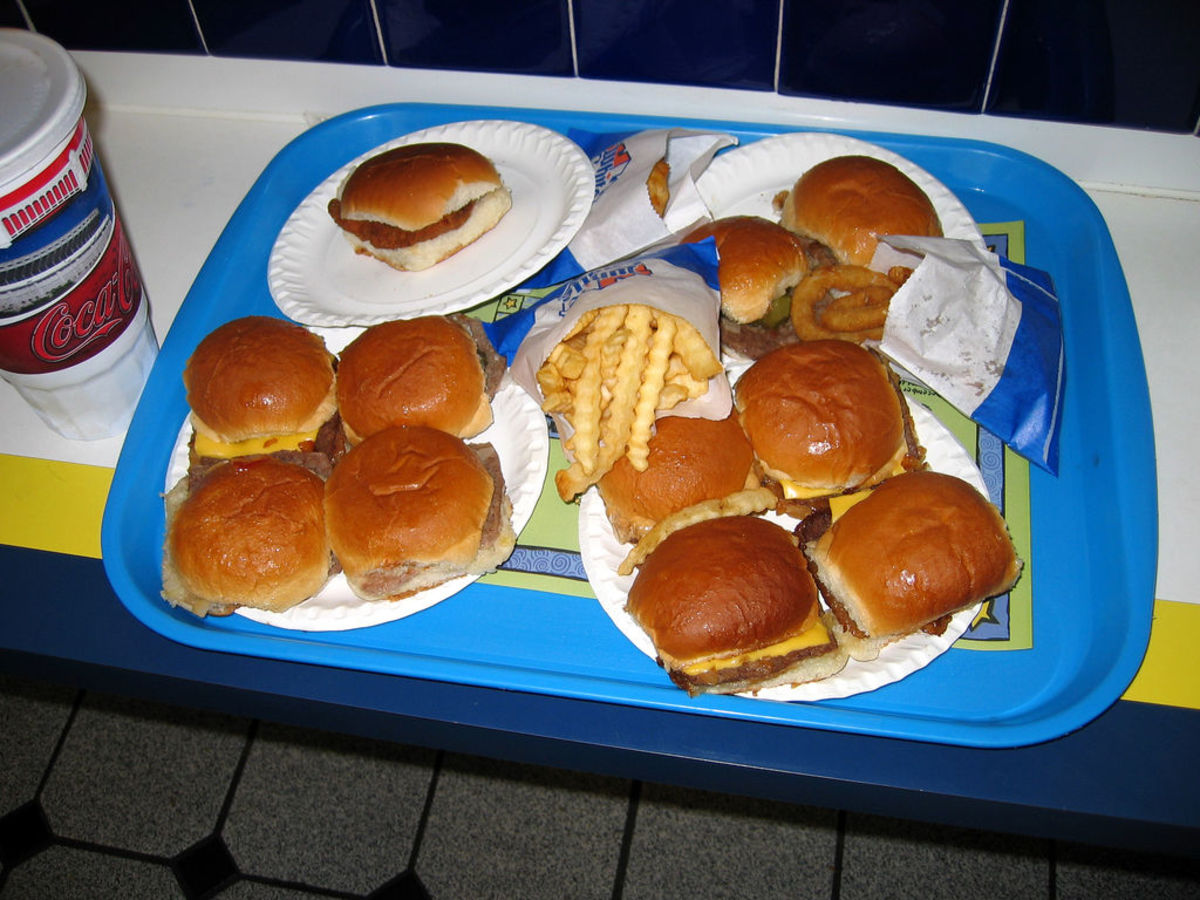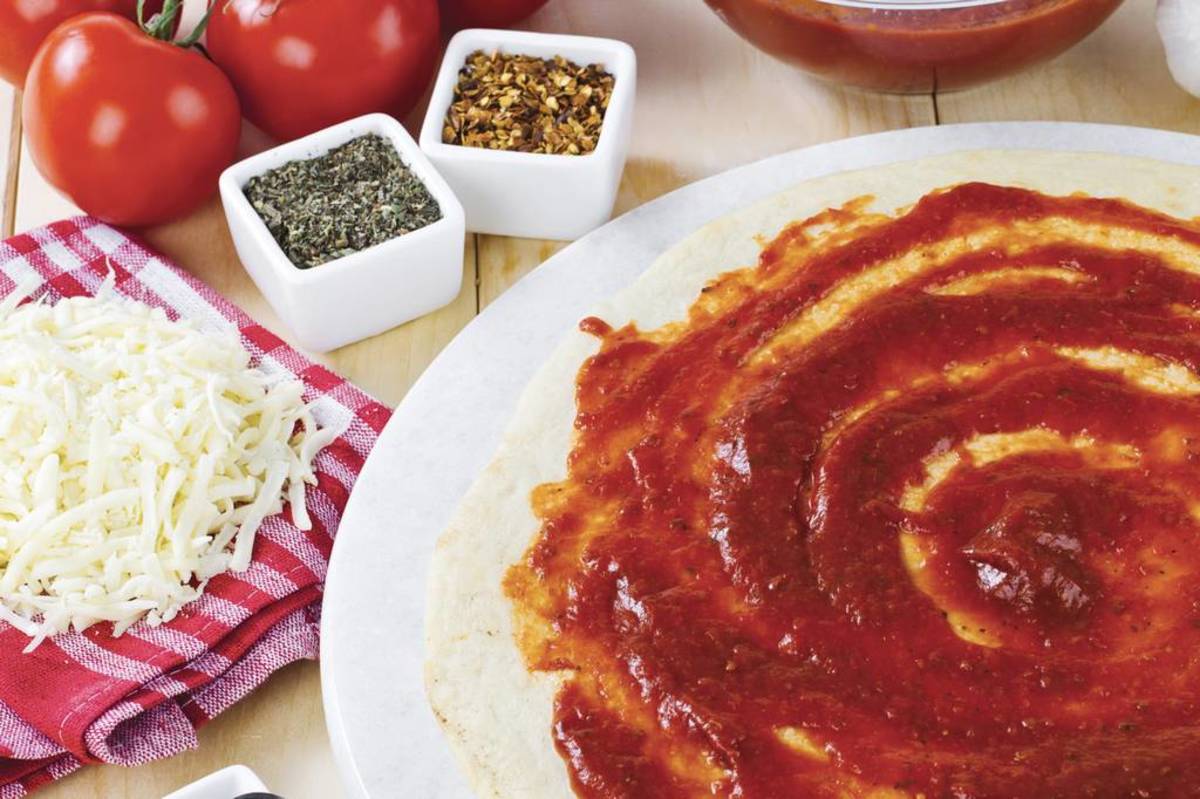Business Franchising - more than a method of Technology transfer
Technology means the utilization of materials and processes necessary to transform inputs into outputs. Technology is created by people and it affects people especially through the goods it produces and the working conditions it creates. Technology is a key factor in the economic and social development of nations. Therefore the importation of technology is actively encouraged by the governments of many states. Technology is transferred from one country or firm to others and this might involve transfer of new products, processes, working methods or the use of specialized know-how. Franchising is one of the methods of transferring technology from one country or firm to another.
Franchising is the practice of using another person's business model. The franchisor allows the independent operator to adopt the company’s entire business format: its name, products, techniques, business methods, layout of premises and trademarks for a percentage of gross monthly sales and a royalty fee. A variety of supplementary management services such as national or international advertising, training, technical advice, stock control systems and other support services are made available by the franchisor. The franchisor retains complete control over how the product is marketed. Franchisee carries the risks of failure. Accordingly the franchisor’s capital commitment is typically low.
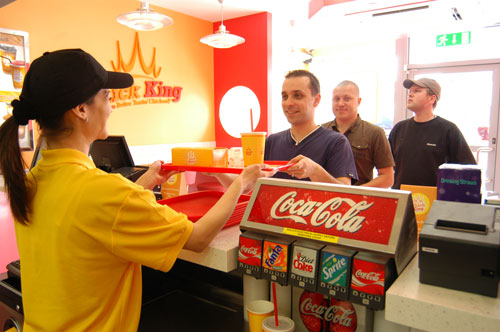
Franchisees must follow standardized business techniques, layout of premises and are subject to some control by the franchisor. Franchisee obtains a well known name and set of activities with a proven reputation. Franchisees are required to protect franchisor’s good name through maintenance of minimum quality standards, adoption of a uniform appearance, adherence to standard opening hours and so on. If the franchisor is a manufacturer, the franchisee is usually required to purchase supplies (for example meat for hamburgers, ingredients for soft drinks etc.) from the franchisor at the prices predetermined.
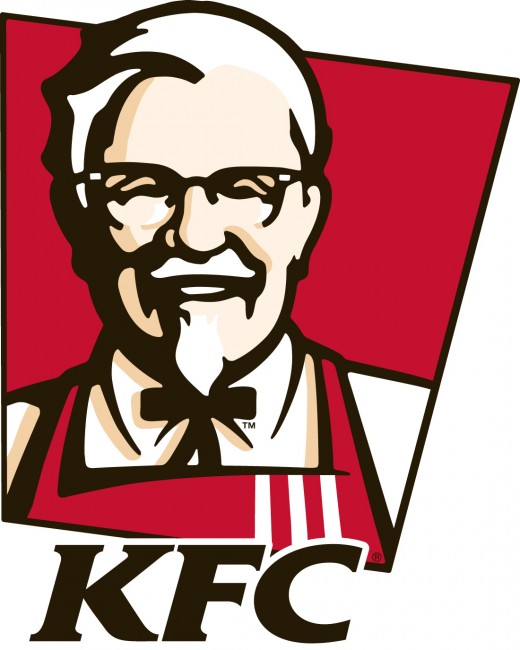
International franchising allows companies to expand rapidly from a limited capital base. It combines the technical experience of the franchisor with the local knowledge of the franchisee.
Even though franchising began in 1850s in US, modern franchising came to prominence with the rise of franchise-based food service establishments in 1920s. The growth in franchises picked up in the 1930s when companies such as Howard Johnson's started franchising motels. There was a boom of franchise chains in1950s and fast food restaurants, diners and motel chains exploded during that period.
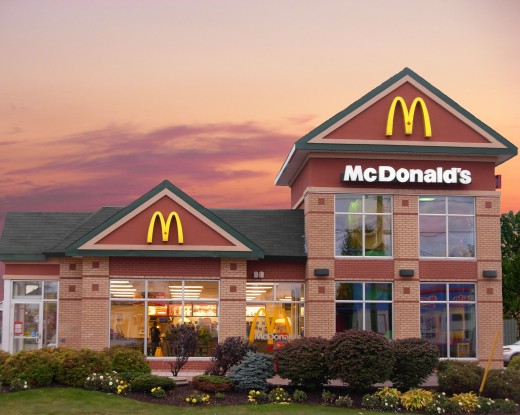
McDonald's is arguably the most successful company worldwide with more restaurant units than any other franchise network. McDonald's Corporation, founded in 1940, is the world's largest chain of hamburger fast food restaurants. They serve nearly 47 million customers daily. Their restaurants are found in 119 countries and they operate over 31,000 restaurants worldwide employing more than 1.5 million people. McDonald's restaurants are operated by either a franchisee, an affiliate, or the company itself. The company's revenues come from the rent, royalties and fees paid by the franchisees, as well as sales in company-operated restaurants.
Most of the times when people think of franchising they think of only the famous fast food restaurants like McDonald’s, KFC, Burger King, Pizza Hut and Wendy’s. But many other types of franchise businesses are available. According to International Franchise Association, one out of every three dollars spent by Americans for goods and services is spent at a franchised business. They ask franchised real estate companies to buy and sell their homes and then get them cleaned, painted and carpeted through another franchised company. They purchase their cars and get them washed and serviced through a franchise. They go to franchises to have a hair cut, to get a shoe repaired and for almost everything.
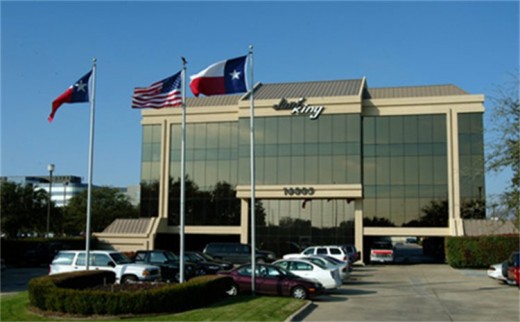
Entrepreneur Magazine's Top 10 Franchises for 2010
Rank
| Company
| Business
|
|---|---|---|
1
| Subway
| Submarine sandwiches & salads
|
2
| McDonald's
| Hamburgers, chicken, salads
|
3
| 7-Eleven Inc.
| Convenience store
|
4
| Hampton Inn/Hampton Inn & Suites
| Midprice hotels
|
5
| Supercuts
| Hair salon
|
6
| H & R Block
| Tax preparation & electronic filing
|
7
| Dunkin' Donuts
| Coffee, doughnuts, baked goods
|
8
| Jani-King
| Commercial cleaning
|
9
| Servpro
| nsurance/disaster restoration & cleaning
|
10
| Ampm Mini Market
| Convenience store & gas stat
|
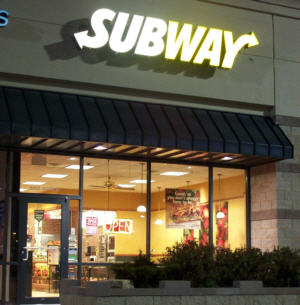
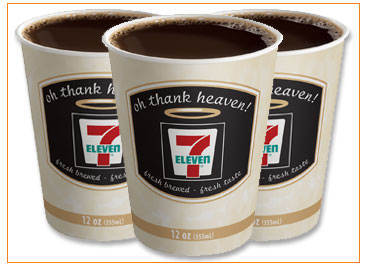
Types of Franchises
The most common type of franchise is Business Format Franchise. A company expands its business by allowing independent business operators to use its name, trademarks and providing them with an established business to run. The franchisor in this case assists the independent operator in a considerable manner in starting and running their business. The franchisee in return, pays fees and royalties to the franchisor and very often buys materials from the franchisor. Fast food restaurants like McDonald’s, KFC and Pizza Hut are good examples for this type of franchising.
In a Product Franchise, manufacturers allow retailers to distribute their products and to use their names and trademarks and through a franchise agreement manufactures control how retail stores distribute the products. The retail store is required to pay a fee to obtain the distribution rights or sometimes buy a minimum amount of products from the franchisor.
A company can grant another manufacturing company the right to manufacture and market products using its name and trademark. This is referred to as a Manufacturing Franchise and this type of franchises are common among food and beverage and pharmaceutical industries. Soft drink bottlers and pharmaceutical manufacturers obtain franchise rights from major soft drink companies and pharmaceutical companies to manufacture, bottle or pack, and distribute their products under their brand names. The franchisor very often provides the materials to the franchisee and the franchisor is paid a royalty by the franchisor.
Another type of franchise is Business Opportunity Ventures where an independent business owner buys and distributes products from a franchisor company. The company supplies the independent business owner with clients or accounts and the business owner pays a fee in return.
The spread of franchises
The ten most popular franchising opportunities according to USA Today are in the following sectors:
- fast food
- retail
- service
- automotive
- restaurants
- maintenance
- building and construction
- retail—food
- business services
- lodging
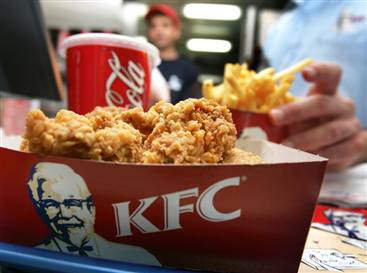
Advantages and disadvantages of franchising
Advantages to the franchisors include the following:
- When franchise operation grows, trademarks, brand names, and product styles becomes more widely dispersed and familiar to the public. The franchisor’s name becomes internationally recognized.
- The nucleus of the franchisor’s organisation remains small and overheads are low. Large profits can result from a limited capital base, yet risks are shared with franchisees. Routine administrative problems are dealt with by outlets not central office.
- Since large distribution networks are tied to supplies from single companies, there exists opportunities for bulk buying of raw materials at large discounts.
- While franchisors retain control of distribution systems, new and unfamiliar market segments can be entered using the skills, experience and local background knowledge of franchisees.
- Franchising is one of the only means available to access venture capital without the need to give up control of the operation. Franchisors are able to sell franchises and expand rapidly across countries and continents using the capital and resources of their franchisees, and can earn profits reducing the risk and expenses in conventional chain operations.
Advantages to the franchisees:
A franchise can be purchased for a lesser sum than that has to be paid to buy an existing business. Franchising offers franchisees the advantage of starting up a new business quickly based on a proven trademark and formula of doing business, as opposed to having to build a new business and brand from scratch. Franchisees receive advice in training of staff, stock control, layout of premises etc. Product and market research activities are undertaken by the franchisor.
Disadvantages to the franchisors:
Franchisors control only the overall format of the outlet and not day-to-day operations. Badly managed outlets offering poor quality and inadequate presentation of the product can ruin a carefully nurtured public image. Franchisor can insist on inspecting franchisee’s premises, but this can arouse resentment and cause disagreements over how that outlet should be run. Franchisees are not employees or part of the franchisor and therefore termination of a contract might be difficult.
Disadvantages to the franchisees:
- The brand image of the franchised product may deteriorate for reasons beyond franchisee’s control.
- Since royalties are expressed as fixed percentage of turnover, hard-working and successful franchisees will have to pay ever increasing sums to their franchisors.
- Franchise contracts cover relatively short periods like five years. A successful franchisee who has increased profitability of an outlet will find that it reverts to the franchisor following expiry of the franchise contract. The franchisor will then demand higher royalties to renew the contract.
Franchising is a wonderful way to go into business. Many people dream of being an entrepreneur some day. By purchasing a franchise, you will get the opportunity to sell goods and services which have instant name recognition. You might obtain training and ongoing support to make your business successful. Buying a franchise may be an investment for your future. But be careful. Like any other investment, purchasing a franchise may not be a guarantee of success.
The criteria for selecting a franchise
It is necessary to consider many factors before buying a franchise and they may be very critical to your success.
Cost of the project
- What will be the total cost that I should incur before the franchise becomes profitable?
- Is it affordable to me?
- Will it be worth my time and energy?
My strengths
- Do I possess the technical skills necessary to manage the franchise?
- Do I possess the business skills to manage it?
Market conditions
- What will be the market demand in my locality for the franchisor’s products and services?
- Is it seasonal?
- Is the demand static or will it grow in the future?
Market competition
- What will be the competition from the market and from other franchisees?
- How strong are they in the market?
- What are the products and services they offer and at what prices?
Brand Name
- Is the franchise name well known?
- Is it a reputed brand for quality?
- Are there any actions and protests against the brand from local consumers?
Support from the franchisor
- How are they intending to provide support and training?
- What are opinions of other franchisees about the support they get?
These are general factors that you should consider before starting a franchise business. However it will be essential to go into further detail before making a decision. The other factors you should consider may include the following:
- Alternative business opportunities available
- Legal issues
- Whether you need to be an independent business owner or a franchisee
- Further information and research about the business and expert opinion on the subject
- The key subjects and clauses in the franchise agreement
- Sources from where you can obtain assistance such as International Franchise Association, American Bar Association’s Forum on Franchising, American Association of Franchisees and Dealers, The British Franchise Association.
Other related Hubs
- Objectives of Public and Private organizations A comparison
Both public sector and private sector organizations have objectives and missions. But depending on the type of organization, there are differences between the public and private sectors of a country. - Regulatory Authorities Objectives and main activities
Regulatory bodies are established in countries according to the policy of the government with different types of authorities. Regulatory rules are designed to meet government objectives. - Concerns of the business manager in protecting environment
Protecting the environment is considered nowadays as a key issue affecting everyone. Business organizations are pressurized to ensure that the environment suffers minimum damage due to their processes, products and services. - Effects of high inflation
Inflation means rising prices and it shows the increase in cost of living. In economics, inflation is explained as rise in the general level of prices of goods and services in an economy over a period of time. - Interest Rate A major economic force affecting financial plans
Rate of interest is the price of money which is lent or borrowed. It is always expressed as a percentage of the sum lent or borrowed. It is generally calculated on an annual basis. - A profit for not-for-profit organizations
Not-for-profit entities do not expect profits. They are established not for profits but to achieve different objectives of the society. But, can these organizations operate without identifying and satisfying the needs? - What is a Search Engine and how does it work
A Search Engine is a web site designed to search for information on the World Wide Web. What happens when someone enters a query into a search engine? The Search Engine then examines its index and displays a list of best-matching web pages.

